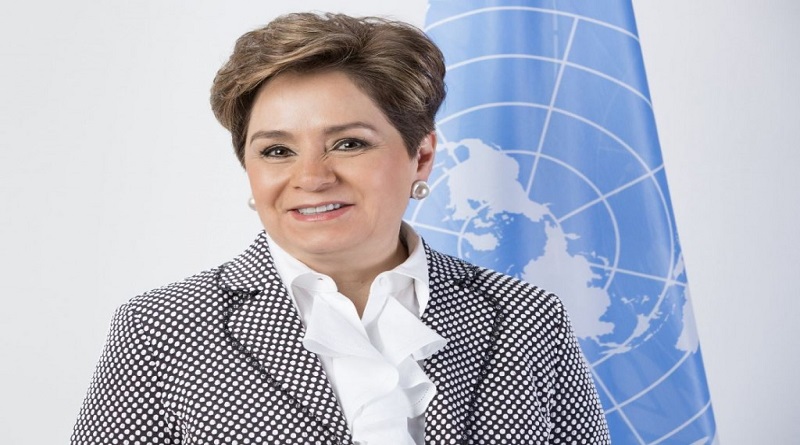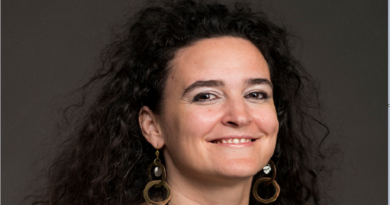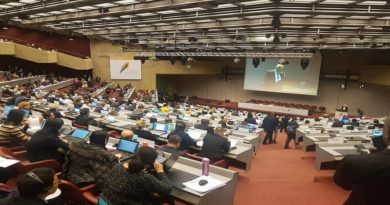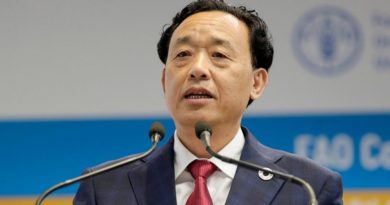Agric-food chain: Experts to explore smart energy, water use at Bonn meeting
As the United Nations Climate Change Conference opens in Bonn on Monday June 17 (SB50, starting 17 June), experts will be looking at ways in which off-grid and decentralized energy solutions can be deployed for smart energy and water use in the “agri-food chain”.
The term agri-food chain describes the linked events in the agricultural production of food – the process being a chain of events from production to processing, trading, distribution and consumption.
As the global population continues to grow – expected to reach 9.8 billion by 2050 – demand for food is increasing and placing additional pressure on natural resources.
At the same time, the various stages of the agri-food chain are heavily dependent upon expensive fossil fuels for energy supply, from the primary production phase through to food distribution, processing, and cooking.
The agricultural sector and its corresponding processes generate 22% of annual global greenhouse gas emissions. Reducing the use of fossil fuels is crucial for the international community to reach to its core objective of the Paris Climate Change Agreement, which is to limit the global average temperature rise to as close as possible to 1.5 degrees Celsius.
As part of a “Technical Expert Meeting on Mitigation (TEM-M)”, governments and non-Party stakeholders will explore high-potential mitigation policies, practices, and technologies with significant sustainable development co-benefits, with the potential in increase pre-2020 climate ambition.
Inspiring examples of such technologies related specifically to solar energy:
– India’s state of Rajasthan has the largest solar pump program in the world, with over 30,000 solar pumps supplying energy for irrigation purposes. This program promotes sustainable livelihoods for farmers and increases resilience to acute water shortages in the arid region.
– Solar Milk Cooling Systems have been introduced into the Rift Valley in Kenya by the company Nestle. The ‘MilkPods’ had the capacity to process 600 litres of milk per day and were designed to be used by dairy farmers in remote villages that didn’t have access to conventional energy supplies. The MilkPods reduce energy consumption, greenhouse gas emissions, and operating costs compared to diesel operated generators.
-The Tapi Food company in Surat, India, uses concentrated solar thermal technology to generate heat and steam in its food processing facility. The system is comprised of 10 automatic solar tracking mirrors which each generate approximately 350kg of steam per day.
The June Technical Expert Meeting on Mitigation (TEMs-M) in Bonn is led and organized by Food and Agricultural Organization of the United Nations (FAO), Deutsche Gesellschaft für Internationale Zusammenarbeit (GIZ), International Renewable Energy Agency (IRENA), Stockholm International Water Institute (SIWI), supported by the UNFCCC secretariat.




